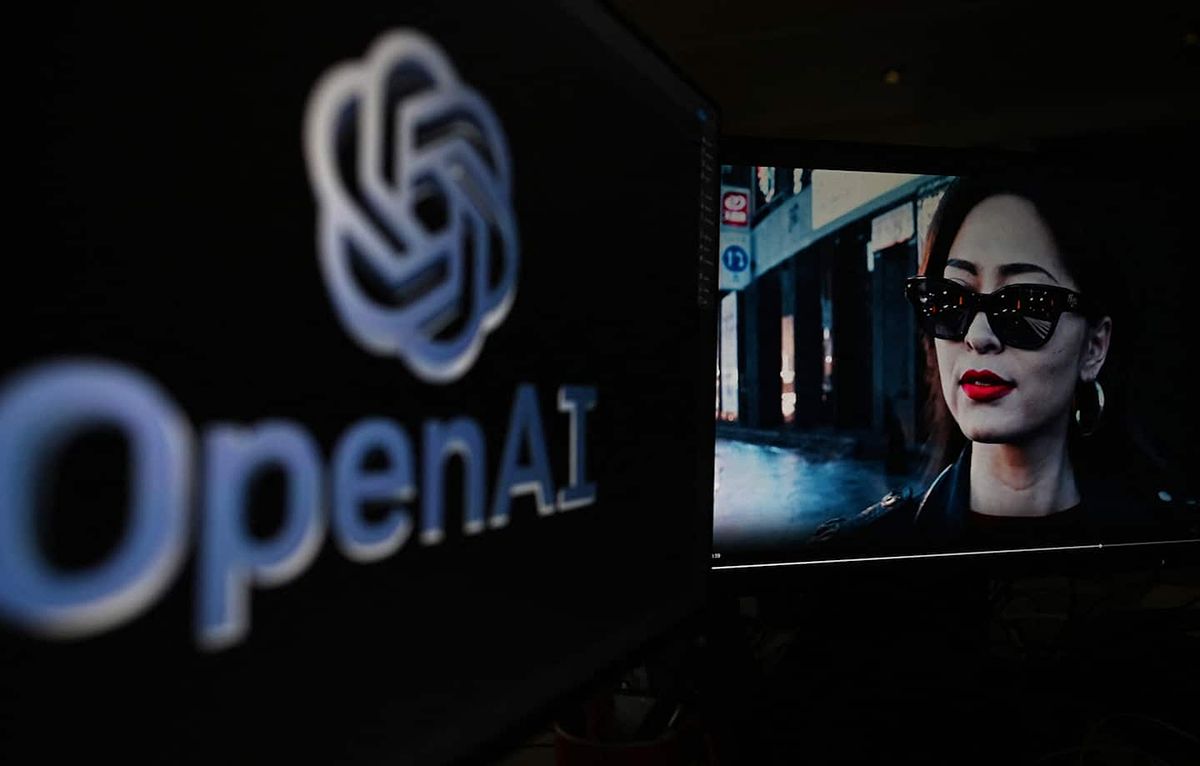Over 100 AI researchers have signed an open letter urging generative AI companies to allow investigators access to their systems for safety testing purposes. The researchers argue that current restrictions hinder independent research and prevent the identification of potential risks associated with AI tools.
The Need for Access to Generative AI Systems
Over 100 prominent researchers in the field of artificial intelligence (AI) have come together to address a crucial issue in the industry. In an open letter, these experts are calling on generative AI companies to allow investigators access to their systems for safety testing purposes. They argue that the current opaque rules imposed by these companies are hindering independent research and preventing the identification of potential risks associated with AI tools used by millions of consumers.
The researchers express concerns that the strict protocols put in place to prevent misuse of AI systems are having a chilling effect on independent investigations. They fear that their accounts may be banned or that they may face legal action if they attempt to safety-test AI models without obtaining explicit permission from the companies. This situation creates an environment where independent auditors are unable to thoroughly examine and evaluate the safety and reliability of these AI systems.
Prominent Researchers Call for Collaboration
The open letter was signed by a diverse group of experts in AI research, policy, and law, including renowned individuals such as Percy Liang from Stanford University, Pulitzer Prize-winning journalist Julia Angwin, and former European Parliament member Marietje Schaake. Addressed to several prominent tech companies including OpenAI, Meta, Anthropic, Google, and Midjourney, the letter urges them to provide a legal and technical safe harbor for researchers to investigate and assess their AI products.
The researchers draw attention to the potential consequences of AI companies adopting the same approach as social media platforms, which have effectively banned certain types of research aimed at holding them accountable. They argue that generative AI companies should learn from these mistakes and avoid restricting independent investigations into their products.
Restrictions on Independent Investigations
The issue is exacerbated by recent actions taken by AI companies to limit access to their systems. For instance, OpenAI claimed in court documents that the New York Times' efforts to identify potential copyright violations through their ChatGPT chatbot amounted to "hacking." Meta, on the other hand, stated in its new terms that it would revoke the license to its latest language model, LLaMA 2, if users alleged any infringement on intellectual property rights. These actions create an environment where researchers conducting safety tests or uncovering potential issues face severe consequences.
The open letter also highlights the experiences of individuals who have faced repercussions while conducting independent investigations. For example, Reid Southen, an artist from a movie studio, had multiple accounts banned when testing the image generator Midjourney's ability to create copyrighted images of movie characters. After bringing attention to his findings, the company revised the threatening language in its terms of service. However, such incidents demonstrate the risks faced by researchers and the need for a more supportive and collaborative environment.
A Broken Oversight Ecosystem
The current situation, as described by the researchers, highlights a broken oversight ecosystem within the AI industry. While problems and vulnerabilities are being identified, the lack of effective channels for reporting and addressing these issues limits the impact that independent researchers can have. The researchers argue that shaming companies on social media has become the only way to gain visibility for potential harms, which is detrimental to the public and creates an adversarial relationship between researchers and companies.
In addition to calling for a legal and technical safe harbor, the researchers propose that AI companies establish direct channels for outside researchers to report problems with their tools. This would facilitate a more open and constructive dialogue between researchers and companies, allowing for the identification and resolution of potential issues.
Fostering Collaboration for a Safer AI Industry
In conclusion, the open letter signed by over 100 AI researchers emphasizes the importance of allowing investigators access to generative AI systems for safety testing purposes. The researchers argue that current company rules and restrictions hinder independent research and prevent the identification of potential risks associated with AI tools. They call on AI companies to provide a legal and technical safe harbor and establish direct channels for outside researchers to report problems. By fostering a more collaborative and transparent environment, the industry can better address potential vulnerabilities and ensure the safety and reliability of AI systems.

